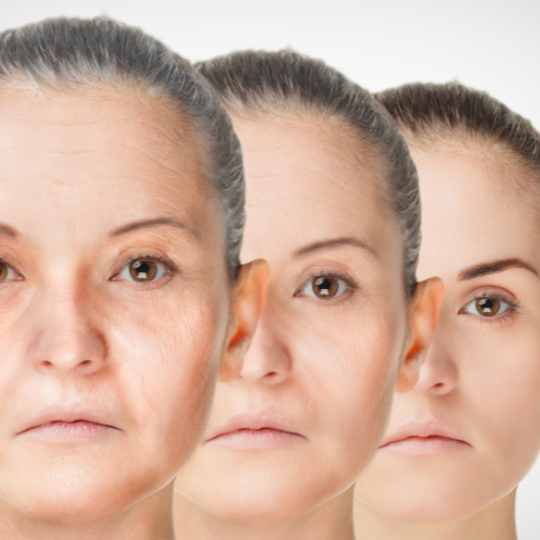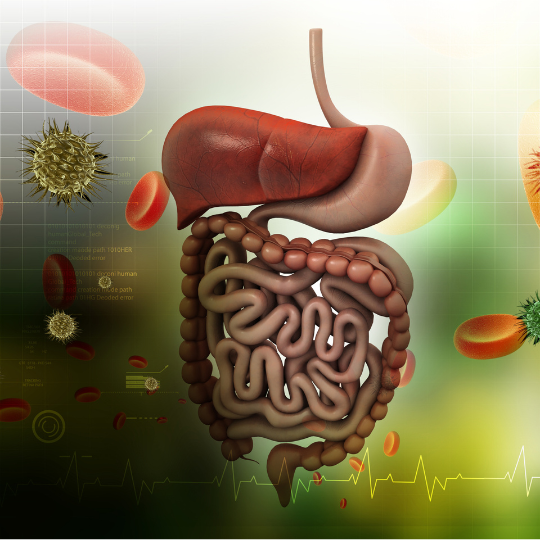Eating fish became a popular practice in the modern world, being wildly available in most of the developed countries. When it comes to choices, the majority of people seem to prefer eating larger fish, because of their size-related multiple styles of cooking. The most consumed fish are salmon, tuna or halibut, but is this the best option for your health or the environment? Well, let’s try to shed some light in this area of nutrition.

Fish and Omega 3
Salmon and tuna might seem to be the healthiest fish options because of the omega-3 fatty acids and vitamin D contained, but you will be surprised to find out that anchovies and sardines are two of the richest sources of healthy omega-3 fatty acids. Additionally, they are a richer source of vitamin B12 that plays a vital role in the body. Small fish are also a great source of protein, calcium and vitamin D. They are rich in minerals and nutrients like iron, magnesium and zinc.
Another important aspect is the amount of mercury present in predatory fish compared to mackerel and herring for example. The fact that mercury levels are much higher in big fish make small fish safer to consume from a health perspective.
Omega 3 to Omega 6 ratio
Fish consumption in general is also of paramount importance with respect to an aspect which is picking up in attention these days and namely the ratio between Omega 3 and Omega 6 fatty acids. This has been shown to affect various conditions ranging from inflammation to cardiovascular disease, cancer and even autoimmune conditions.
Fish and the environment
In recent years, increased demand for large fish almost depleted the available supply in oceans and turned it into an unsustainable practice. To keep up with demand for predatory fish like salmon, fish farming has become an alternative option.
However, fish farming also comes with a whole slew of unsustainable issues. Farmed salmon needs to be fed a ton of protein, which usually comes in the form of small, oily fish, such as herring and sardines. We could be going straight to the source by eating these smaller fish ourselves: it takes 5 pounds of smaller fish to feed one pound of large fish, so… eating herring is caring!

To start out, why don’t you check out our new Spicy Korea and Wild Life dishes to get your supply of vitamin D, omega-3 fatty acids, B12 and help too in saving the diversity of our ocean fauna.












